invisible2_0.jpg

Music You "Choose" to Hear
(In Numbers)
Music's migration from mechanical media (vinyl and tape) to electronic media such as (insert fifty-page list here), allows us to more accurately count the enormous number of music offerings available versus the dinky number that we actually hear. While technology has changed, our listening habits are still as limited as the "top 40" radio stations formula that arose in the 1960s.
Enormous numbers?
There are 130 million songs registered on the definitive internet song cataloging site, Grace Notes and incredibly, these numbers double every few years. If the enormity of these numbers represented your freedom of music listening choices, then you would have more freedom than it is possible to exercise. For instance, assuming an average song duration of three minutes times 130 million songs, would mean 742 sleepless years of constant listening or thousands of years of listening if you have nightly sleep. Make it tens of thousands of years if you include the everyday distractions of living.
Dinky numbers?
The average iTunes library contains 6-7,000 songs. Anecdotally, a significant percentage of these 6-7,000 songs are electronic copies of your moldering collection of mechanical music. We collect music with a horder's compulsion then only listen to a small percentage of the collection. Want some proof? You can monitor use/dis-use of your collection by looking at all the zeros under the "play counts" per song in your iTunes library. If you're not on iTunes, do this simple test, of all those de rigur purchases in your collections (think of the Alice's Restaurant and American Pie albums), other than the hit song, how many other song names can you recall on these albums?.
Comparing the Enormous to the Puny Numbers
The 6-7000 songs of our explored music world is only 1/20,000 of the 130 million song expanding musical universe. This is a fraction so small that it is the physical equivalent of the length of one red ant versus the length of a soccer field. Or the length of a 3am drunken stumble from Frenchman Street to Cafe Du Monde versus a walk around the planet. If 130 million songs represents musical freedom and our 6-7000 song represents our limited perspective, then we are as repressed as a prisoner in solitary confinement.
For the last half century, radio and record companies danced with each other as the defacto curators of America's music-listening culture. Their motivations are the obscene wealth generated by selling full-priced copies of a runaway "hit" (that each additional copy is so cheap to make that a hit is like printing money). The 130 million songs don't represent your freedom, they represent your curator's unending fishing attempts to catch any piece of these riches.
The freedom you exercise in selecting music is best measured by the affirmative choices you make against the headwinds of these commercial forces. The FCC reserved the radio band from 88-92 MHz for programming untainted by commercial forces and every day public radio listeners are rewarded with the intellectual enjoyment of exercising their freedom to explore music. Those folks still listening to commercial radio only need to cross the 92 MHz threshold to hear "music they've never heard by musicians they've never heard of..." (and they eventually have got to be get tired of hearing those same few songs that the "hit" makers are pushing.)
Jamie Dell'Apa
Saturday midnight to Sunday 3am - exploring the best of the other 130 million songs for the next 10,000 years.



















